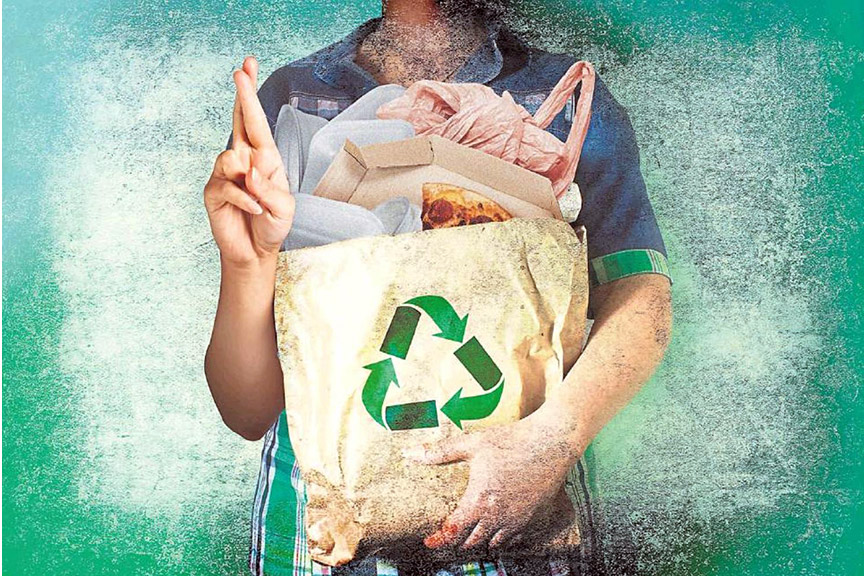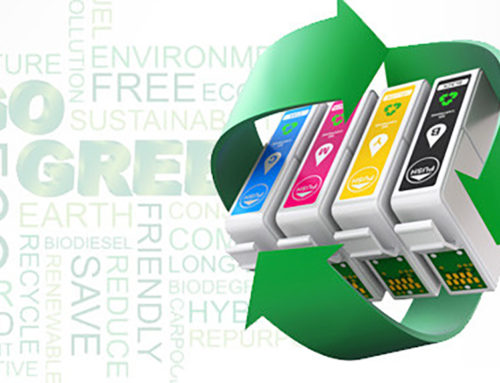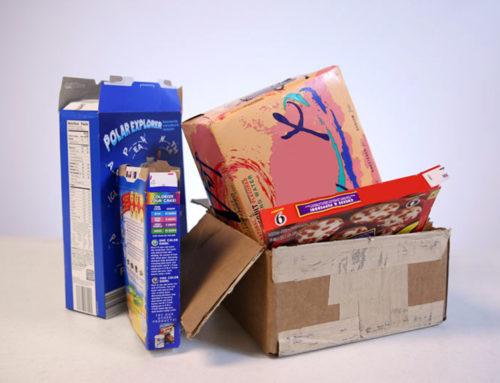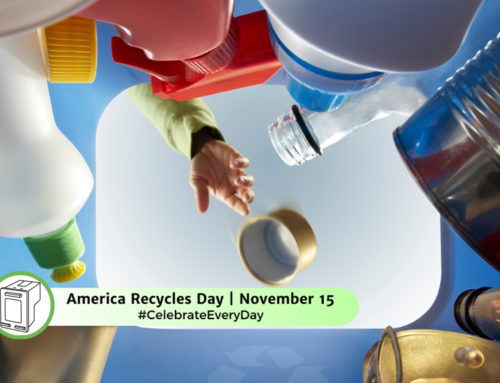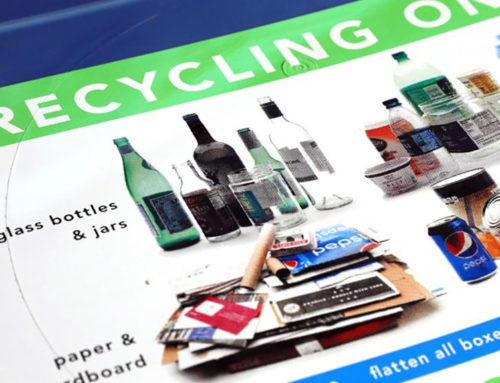As conscientious citizens, many of us have been conditioned to believe that recycling is the ultimate act of environmental responsibility. However, recent surveys reveal that our commitment to recycling often leads to wishful thinking, contributing to a global waste crisis. This article delves into the root causes of our misguided recycling habits, examining how a decades-long effort to promote recycling has both succeeded and failed, and explores more effective solutions for a sustainable future.
Picture this common scenario: standing in front of trash, recycling, and compost bins, you choose the recycling bin for your paper coffee cup, assuming it’s the planet-friendly choice. However, this seemingly eco-friendly act may be counterproductive. The thin plastic lining in most paper coffee cups makes recycling difficult, shedding light on the misconception that recycling is always the best option.
Two nationwide surveys conducted in the U.S. in 2019 and 2022 highlighted a significant inclination towards recycling among participants. While recycling has been promoted as a crucial step in waste management, the results suggest that this focus has come at the expense of neglecting more sustainable options such as waste reduction and reuse.
With waste reaching unmanageable levels globally, microplastics contaminate remote regions, pose health threats, and contribute to greenhouse gas emissions. The urgency of the situation prompted the United Nations to initiate talks in 2023 for a binding pact to address harmful plastic waste. Simultaneously, U.S. cities and states are taking local measures, such as banning single-use plastic products.
Experts emphasize the importance of source reduction strategies, advocating for a shift in focus from downstream solutions like recycling to upstream approaches that prevent waste generation. The waste management hierarchy, promoting “Reduce, Reuse, Recycle,” underscores the need to prioritize waste prevention and reduction over recycling.
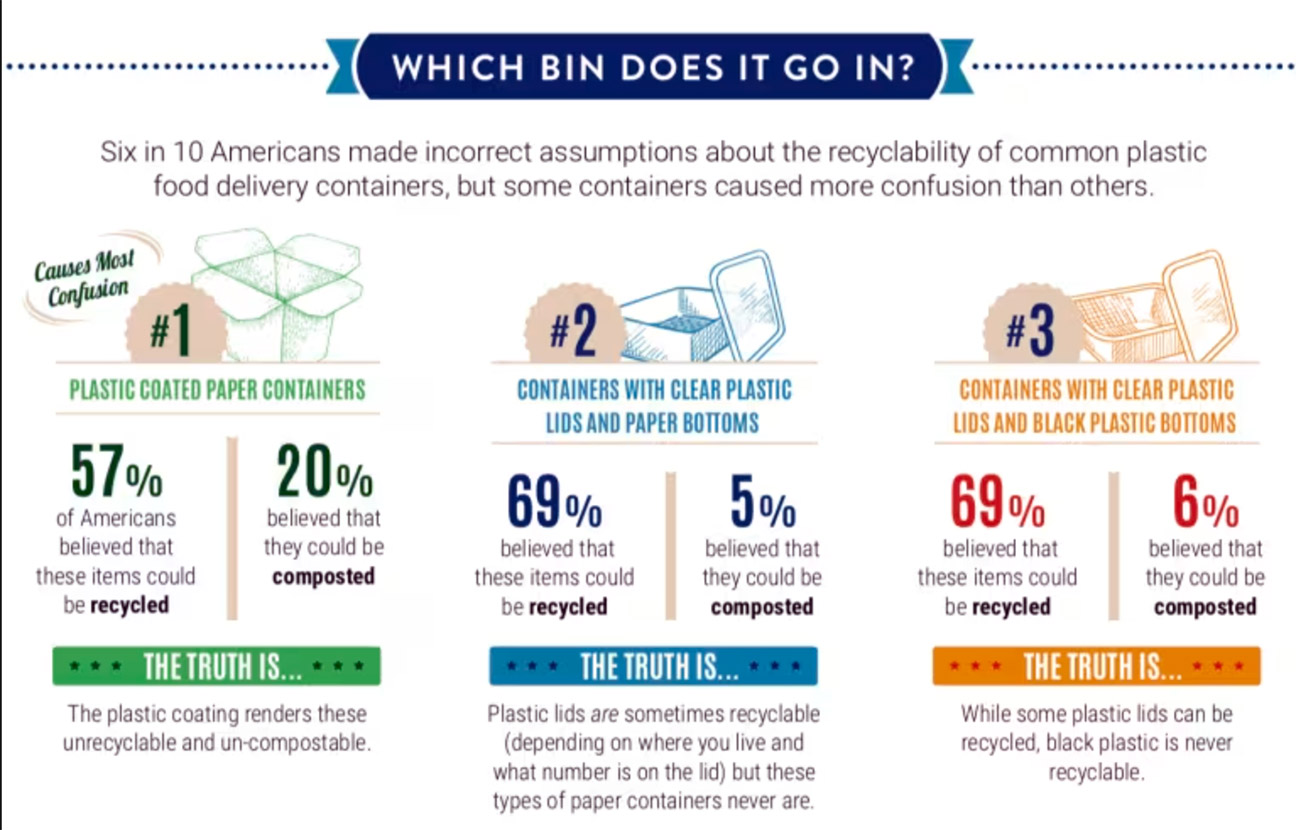
Survey participants demonstrated a significant misunderstanding of the waste management hierarchy, prioritizing downstream strategies over source reduction and reuse. This misalignment raises questions about the effectiveness of decades-long educational efforts and emphasizes the need for a paradigm shift in waste management thinking and how it’s conditioned citizens to act on issues of recycling.
While participants expressed a bias towards recycling, their execution fell short. The current U.S. recycling system places the burden on consumers, resulting in wishcycling – the act of placing non-recyclable items in recycling bins with the hope they will be recycled. This not only poses challenges for recyclers but also contributes to additional costs and environmental issues.
Shifting responsibility solely to consumers neglects the broader supply chain impact and the role of producers. While consumers feel they can make a difference through their purchasing and disposal choices, true change lies in holding producers accountable for their products’ lifecycle. By focusing on upstream interventions, such as product design and corporate responsibility, individuals can contribute more meaningfully.
As we navigate the complex world of waste management, it’s crucial to reassess our recycling habits and acknowledge that recycling alone is not a panacea. By prioritizing source reduction, waste prevention, and holding producers accountable, we can move towards a more sustainable future. It’s time to break free from the conditioned mindset that recycling is the sole solution and embrace a holistic approach to waste management that benefits the planet and future generations.

